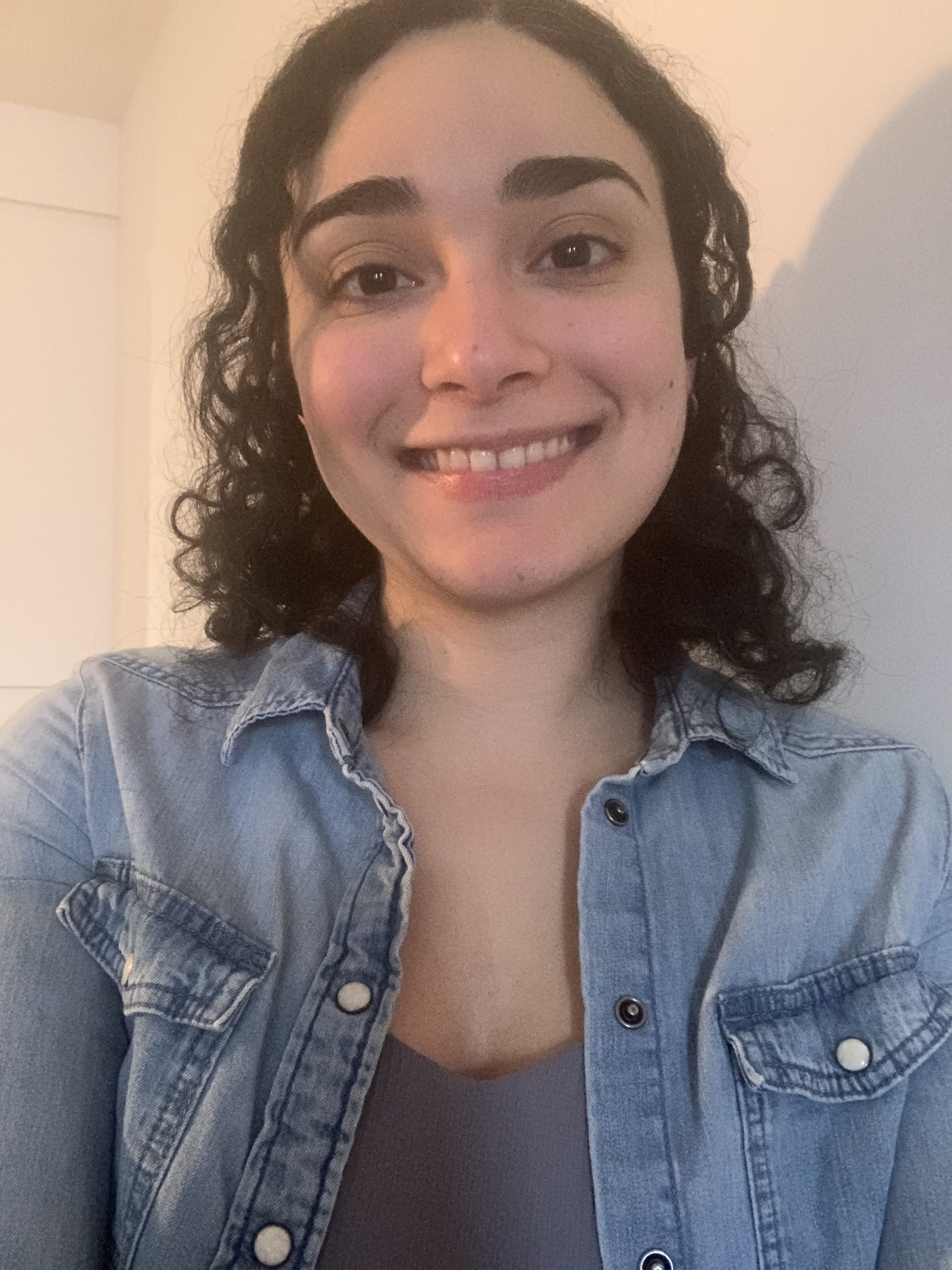Maribel Diaz, PhD
Stagiaire postdoctoral / Résistance aux antifongiques
e-mail: aracely-maribel.diaz-garza.1 [at] ulaval.ca
Biographie
J’ai grandi à Ciudad Victoria, une petite ville située dans le nord-est du Mexique. J’ai déménagé pour faire ma licence en génie biotechnologique au campus Guadalajara du Tecnológico de Monterrey, dans le centre-ouest du pays. Pendant cette période, j’ai pu collaborer sur différents projets de recherche liés à la biotechnologie environnementale. J’ai également eu l’occasion de venir au Canada pour faire un stage en recherche, ce qui m’a décidé à revenir pour mes études supérieures. Ainsi, en 2019, j’ai commencé ma maîtrise en biologie moléculaire et cellulaire à l’Université du Québec à Trois-Rivières sous la supervision d’Isabel Desgagné-Penix. En 2020, j’ai fait une transition accélérée au doctorat pour poursuivre mon projet sur la caractérisation d’une enzyme impliquée dans le métabolisme spécialisé des plantes chez Phaeodactylum tricornutum. Ce projet, ainsi que des résultats antérieurs, ont contribué à la caractérisation de l’expression épisomale dans les transconjugants de P. tricornutum. En 2025, j’ai rejoint le laboratoire de Christian Landry pour découvrir d’autres méthodes d’ingénierie des micro-organismes.
Intérêts
Je m’intéresse à l’utilisation de la bio-ingénierie pour comprendre les systèmes biologiques en combinant le travail de laboratoire et la biologie computationnelle. J’optimiserai les techniques d’édition du génome de pathogènes fongiques pour contribuer à élucider les mécanismes qui conduisent à la résistance.
Publications

Diaz-Garza AM, Lavoie-Marchand F, Merindol N, Diamond A, and Desgagné-Penix I. What is true for plants may not be true for Phaeodactylum tricornutum: The case of Vanilla planifolia vanillin synthase (VpVAN) targeted to four subcellular compartments of the diatom. bioRxiv (2024).

Diaz-Garza, AM, Merindol, N, Goncalves dos Santos KC, Lavoie-Marchand, F, Ingalls B & Desgagné-Penix, I. No two clones are alike: characterization of heterologous subpopulations in a transgenic cell line of the model diatom Phaeodactylum tricornutum. Microb. Cell Factories 23, 286 (2024).

Fantino E, Awwad F, Merindol N, Diaz Garza, AM, Gélinas S-E, Gajón Robles GC, Custeau A, Meddeb-Mouelhi F & Desgagné-Penix I. Bioengineering Phaeodactylum tricornutum, a marine diatom, for cannabinoid biosynthesis. Algal Res. 77, 103379 (2023).

Awwad F, Fantino EI, Héneault M, Diaz-Garza AM, Merindol N, Custeau A, Gélinas S-E, Meddeb-Mouelhi F, Li J, Lemay J-F, Karas BJ & Desgagne-Penix I. Bioengineering of the Marine Diatom Phaeodactylum tricornutum with Cannabis Genes Enables the Production of the Cannabinoid Precursor, Olivetolic Acid. Int. J. Mol. Sci. 24, 16624 (2023)
